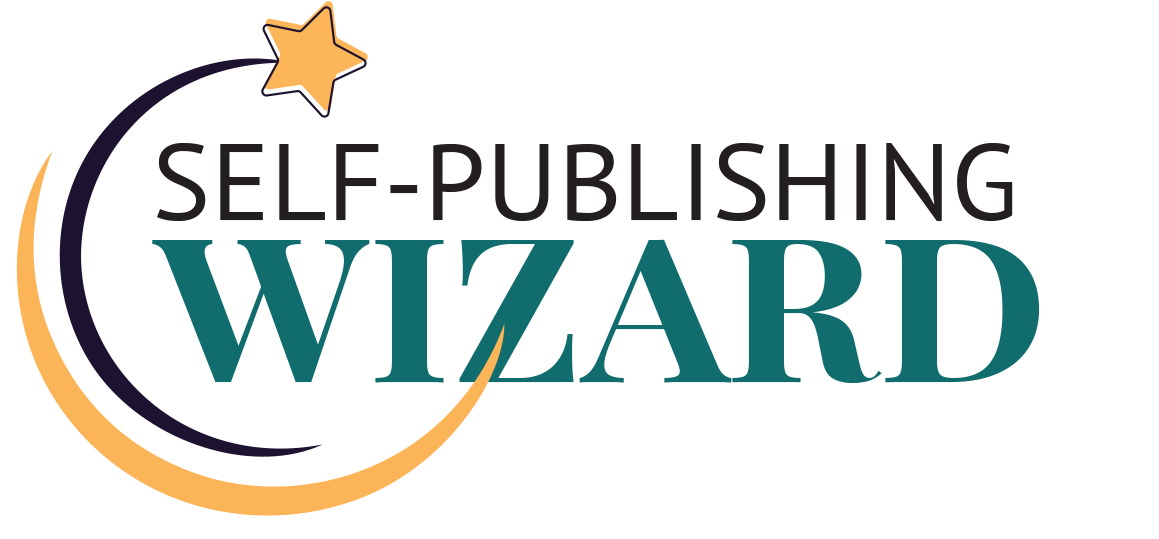Members Only, Phase 3: Editing and Proofreading
Editing your self-published book is an essential part of ensuring that it meets the highest standards and reaches its full potential. It involves a thorough review of all aspects of the work, from grammar and spelling to structure and content. There are several types of editing that can be done, each with its own distinct purpose …
Members Only, Phase 3: Editing and Proofreading
Writing a book is no easy task. You have to come up with the idea, the characters, and all the details that make it a captivating story. Once you have completed your draft of the book, it’s still not quite ready for publication. That’s when you turn to a developmental editor. A developmental editor is an essential part of the publishing process. A developmental editor will look for aspects such as …
Members Only, Phase 3: Editing and Proofreading
As a self-publishing author, you may have heard about the benefits of working with beta readers. But what exactly are they and how can you use them? A beta-reader is someone who reads your work in progress and provides feedback on it before it is published. This feedback can be invaluable for ensuring that your book meets its full potential. Here are some tips for using beta readers …
Members Only, Phase 3: Editing and Proofreading
A copy editor focuses on grammar, punctuation, spelling, syntax, and consistency. They ensure that the language is clear, concise, and free of errors.
Finding a copy editor for your self-published book can seem like a daunting task, but there are several ways to go about it. Here are some suggestions …
Members Only, Phase 3: Editing and Proofreading
Writing a great book description (also called a blurb) for your book can make all the difference in readers discovering it. Here are some tips on how to write an engaging and effective book description:
Research similar authors and topics to get ideas for what you might include in …
Members Only, Phase 3: Editing and Proofreading
An Advance Reader Copy, (ARC), is an early version of a book that is printed and sent to reviewers, bloggers, influencers, and other industry professionals before the official publication date. ARCs are often uncorrected proofs, which means they may contain errors or typos that will be fixed in the final version. Finding readers for your ARC can …
